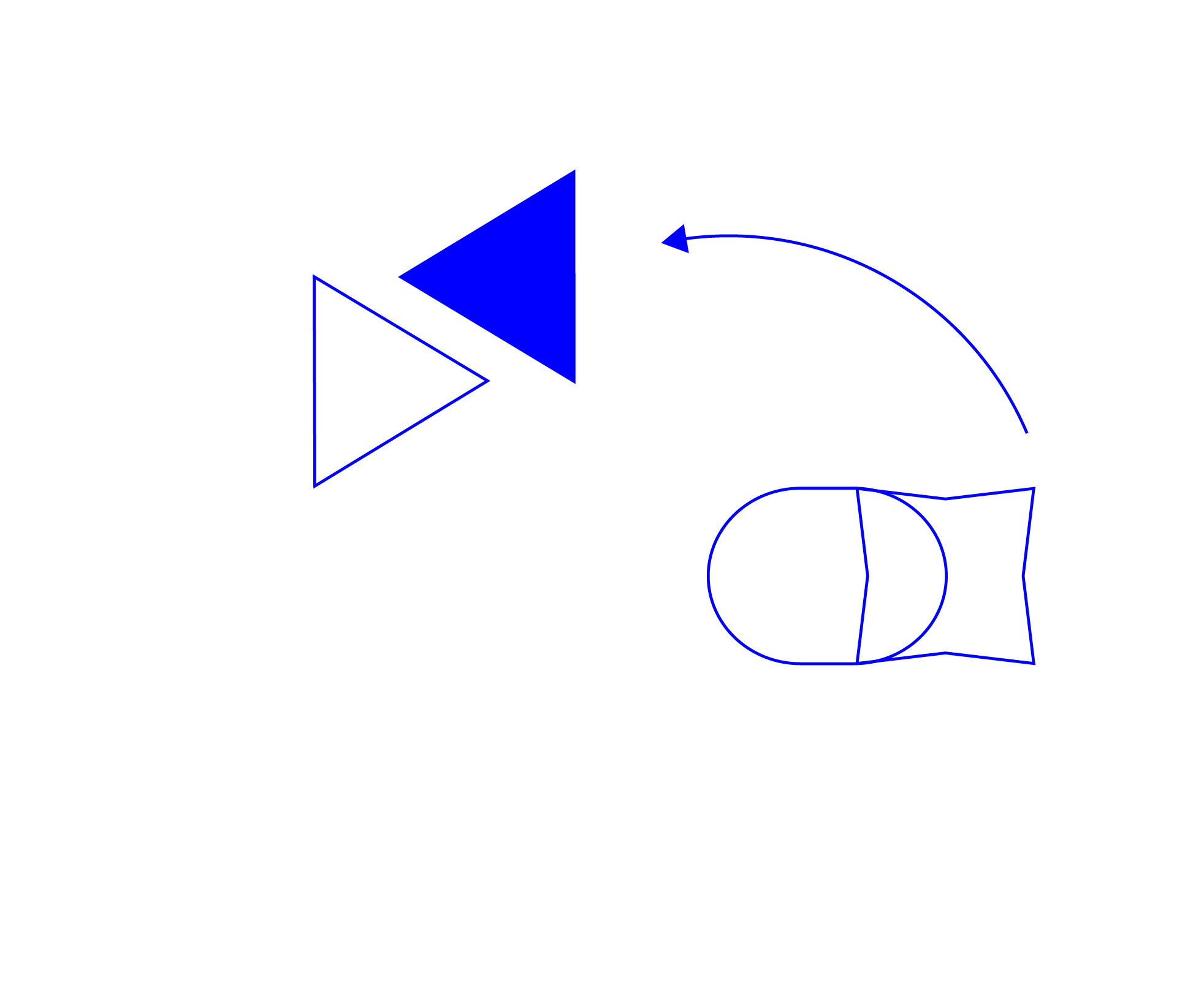This research explores curatorial practice from a sensorial perspective, understanding perception as a form of knowledge rooted in the body and shaped by culture, geography, and time. Drawing from anthropology, sensory studies, and aesthetics, it proposes that curating can begin not from fixed narratives or institutional frameworks, but from the lived, situated experience of the senses.
Through concepts such as sensorium, perception is approached as an embodied, dynamic, and culturally constructed way of inhabiting the world. The study examines how sensory knowledge — embedded in memory, movement, and environment — can inform curatorial decisions, from spatial arrangements to material choices, creating exhibitions that engage audiences beyond the visual, inviting affective, multisensory encounters.
Rather than offering a rigid methodology, this is conceived as an open toolkit for crafting curatorial approaches that adapt to each context, allowing the work, the space, and the body to co-construct meaning.
Sensorium curatorial research
Stages
This research has evolved through three key stages. The first took place in 2021, within the framework of the Uberbau_house residency in São Paulo, Brazil, serving as an initial phase of conceptual and methodological exploration. The second stage occurred in 2022, during the Hangar residency in Lisbon, where the theoretical axes were further developed and the critical and contextual references expanded. Since 2023, the project has entered a third, independent phase, characterized by autonomous development that remains ongoing, consolidating and expanding the lines of inquiry established in the previous stages.


